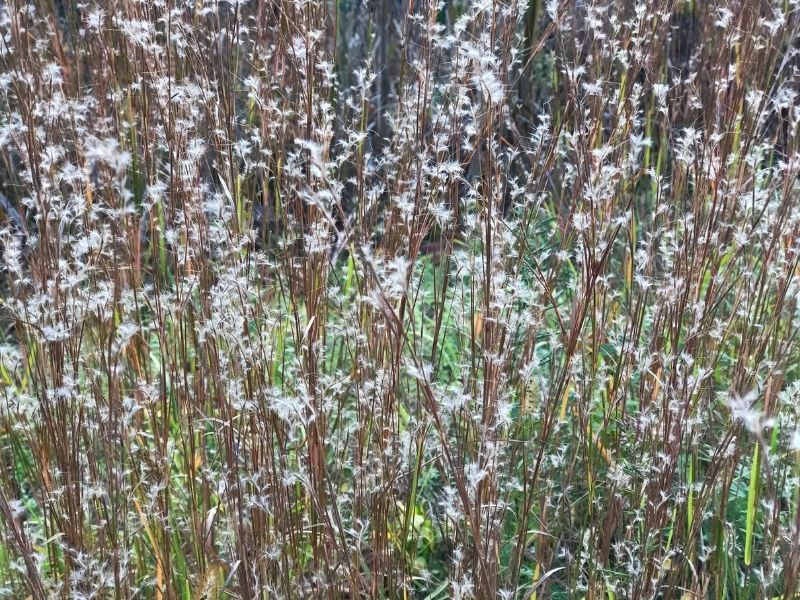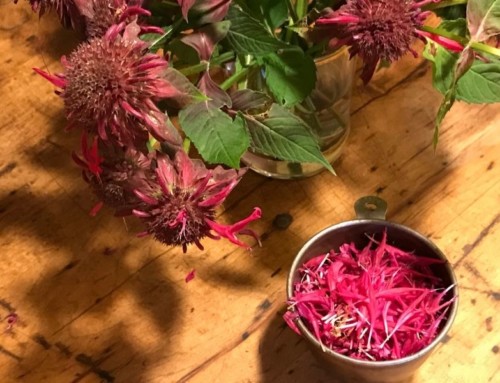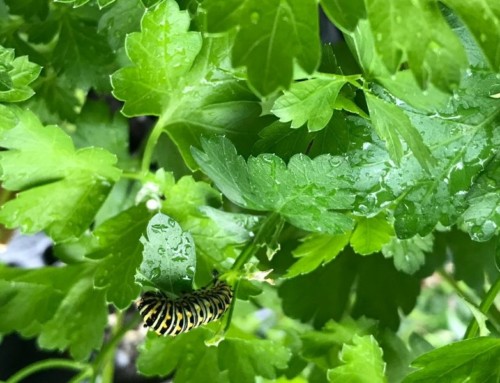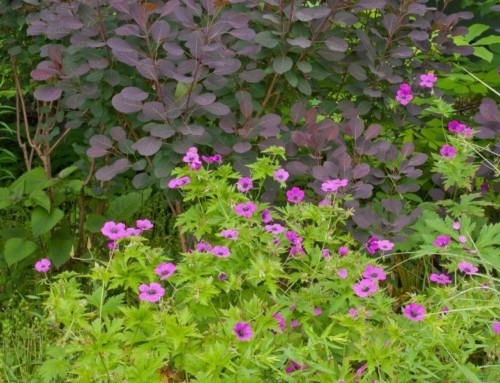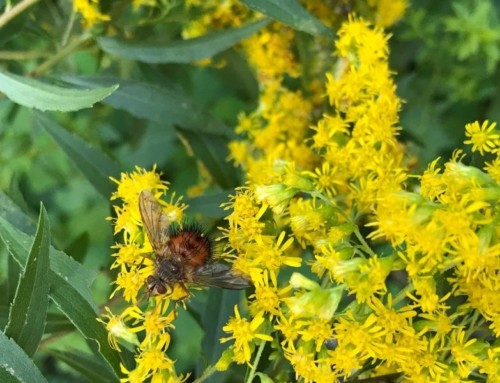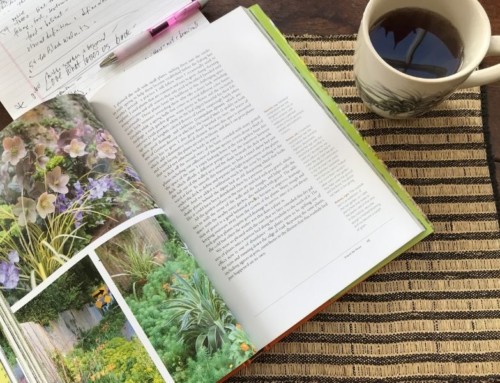Many of us had childhood experiences that launched a lifelong journey immersed in nature and gardens.
Reading Page Dickey’s Uprooted: A Gardener Reflects on Beginning Again brought back memories of my own beginnings.
We both began just being with older relatives in their gardens, resting or reading on thick pungent pine needle carpets, frequent walks through fields and woods. All seemed like everyday activities, but they wound up shaping our lives.
The urge (obsession) to make gardens our own started early.
With chagrin now that we know better, we made our first gardens by digging rare wildflowers out of those woods.
The book traces Dickey’s evolution in thinking about gardens, on a very personal level, from ambitious gardener eager to embrace all “the newfangled perennials” back to embracing the natural world in her (smaller) gardens.
And it’s about a big physical (and emotional) move, a true uprooting.
Leaving Home – and Garden
Dickey and her husband left Duck Hill, a long-treasured and labored-over garden in Westchester County, New York, for new ground on a mountainside in rural Litchfield County, Connecticut.
I remember visiting Duck Hill many years ago and thinking it was just charming. On a subsequent visit, years later, I thought it was just too much. Too ambitious, too closed-in, too much work, too many plants.
The new place, dubbed Church House, is surrounded by smaller, more casual bird-friendly gardens – easier to care for and enjoy from the house.
As Dickey writes it’s “No hedges, no carving the lawn up into garden rooms, no cluttering what seemed to me a perfect scene.”
Surrounding land on this 17-acre property is left undesigned, grounds for exploration, active stewardship and simple appreciation.
It’s a downsizing transition I think many of our generation (Boomers!) are going through for physical and financial reasons.
But it’s also because the gardening world has come to understand the importance – and joy – of gardening more in tune with nature. Many of us have evolved from that labor-intensive English-garden model to a more ecological approach.
The book is simply lovely, a tribute to love of learning, land and plants.
Page gave a very moving talk to our Mad Gardeners group here in northwestern Connecticut just before the book was published. I urge you to pick up a copy of the book.
But also look for an opportunity to hear her talk and keep an eye on next year’s Garden Conservancy Open Days schedule to tour the property. Here’s a link to Page Dickey’s upcoming talks
